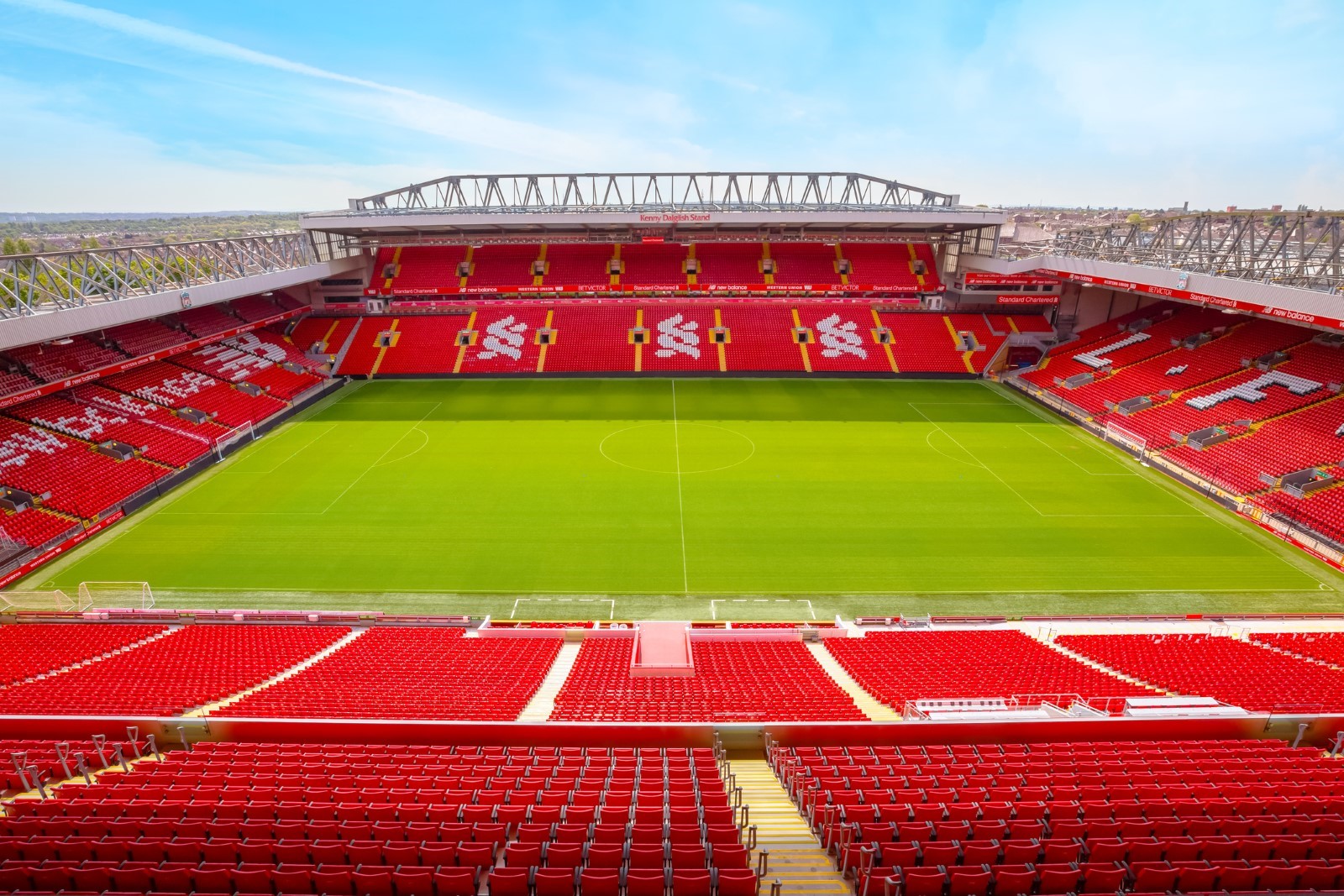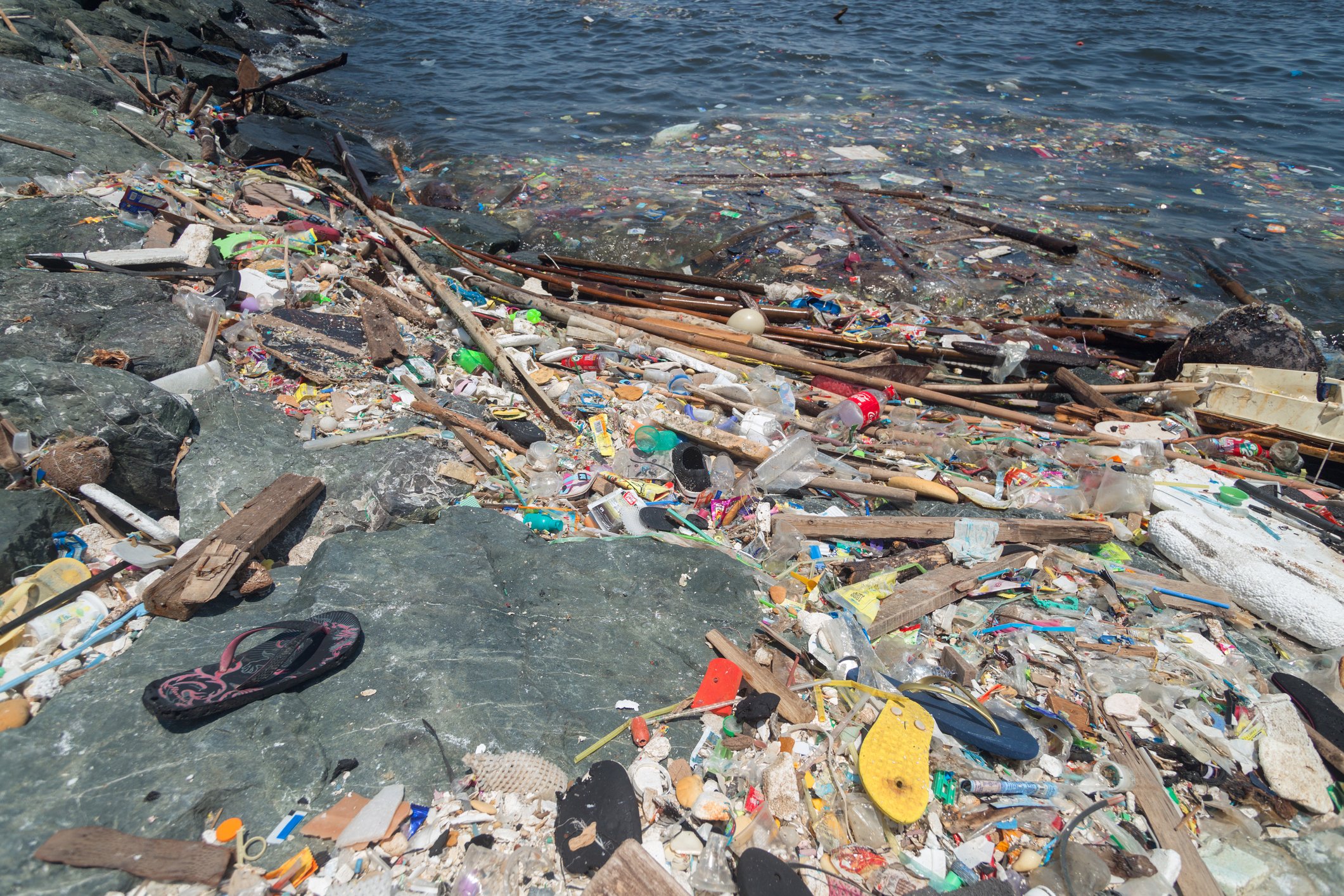Several months back, we announced that we would be collaborating with CleanHub, to positively impact our oceans. We made a pledge, to aid in the recovery of 2500kg of plastic waste. Together, theICEway and CleanHub are working to improve waste management systems, which helps to prevent plastic pollution. This article will provide an update on our progress and hopefully raise awareness about the detrimental effects that plastics have on our marine environments.
The Plastic Revolution
Plastic production was significantly accelerated post World War II. Inventors realised plastic was a light durable material that can be used in multiple different ways, such as storing water, toys and furniture. The convenience that it has offered us has been surreal. However, it has led to an unforgiving throw away culture, that is ruining our planet. These plastics will be around for hundreds of years before they decompose.
There are often additional things added to plastics that make them stronger and more durable. However, these additives can extend the life cycle of plastics for as long as 400 years. Plastics can be transported across the world by currents, in both rivers and oceans. There have been Russian items of litter discovered across the world in Chile. A new health hazard we are facing is microplastics. Microplastics are created when sunlight, wind and action break down the waste into smaller remnants. These microplastics can be found anywhere on the globe.
Millions of marine animals are killed every year by getting tangled on plastic or ingesting plastic. Nearly every species of sea bird eats plastic. When an animal ingests plastics, it can pierce their organs or block their digestive tracts. This leads to death or starvation. When animals we eat such as fish, shrimp, and crabs eat microplastics, these plastics will inevitably end up on our plate.
Plastic Waste Recovery in April: The Figures
At the time of creating this blog, we have recovered 644 kg of plastic waste out of the CleanHub Collection Hubs in India, Indonesia, and Cambodia. That is equivalent to 64,500 0.5 litre-size plastic bottles. This represents just over 25% of our overall target. To put that into perspective, our collection of 'half litre plastic bottles' would surpass the number of seats in the Liverpool stadium (Anfield).

As our efforts continue, more hubs will be added and we’re truly excited to see how everything will pan out. In addition to the numbers already mentioned, you can find more in the live CleanHub impact report for theICEway.
In Conclusion
The partnership that we have with CleanHub is not just about reaching a target of recovering plastic waste; it’s about making a lasting impact on our oceans and environment. We take immense pride in our progress so far. Stay tuned for future updates as we gradually work towards our goal recovering 2500kg of plastic waste. Don't forget to save the report link to track our progress and see the valuable insights we have gained along the way.













Leave a Comment